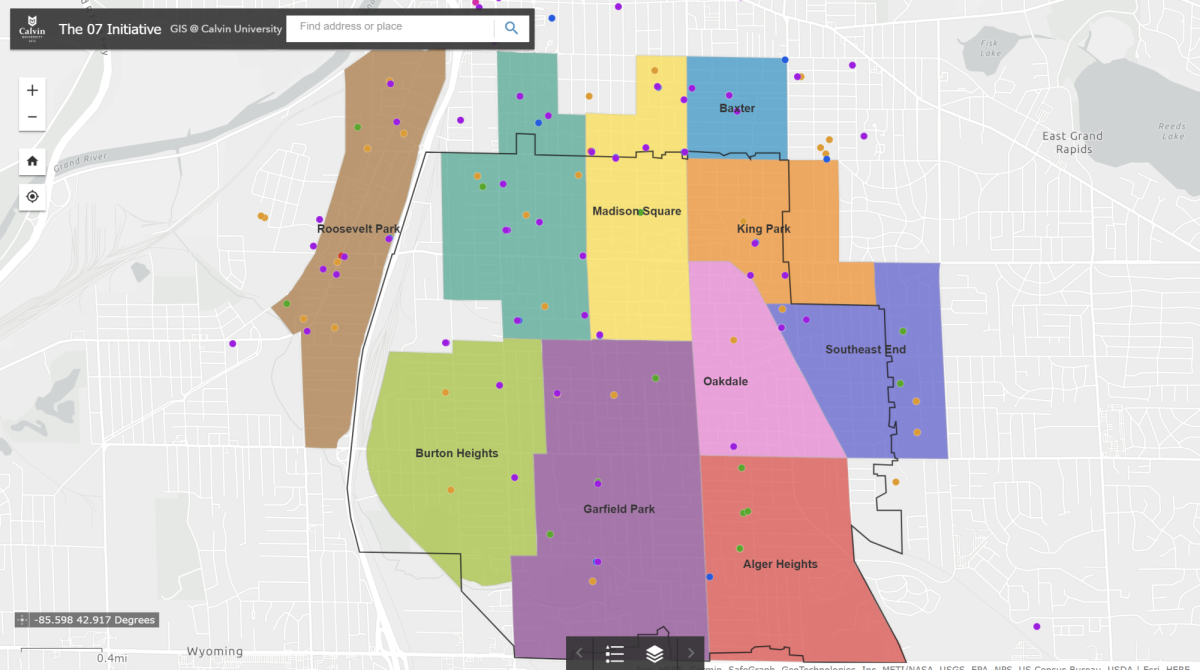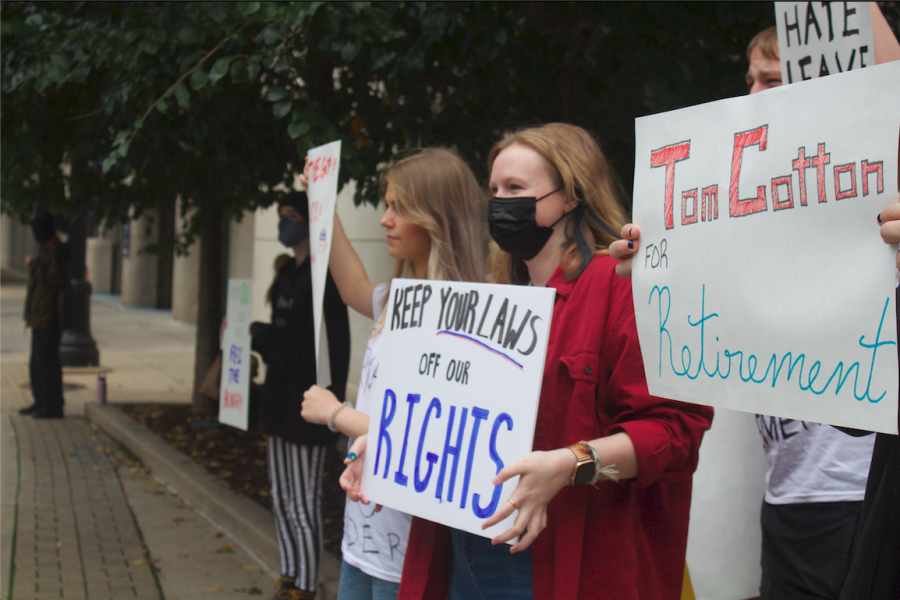Michigan’s proposals for the Nov. 6 ballot were recently finalized, containing five potential constitutional amendments and one proposed repeal of a state law.
These proposals have already sparked discussions throughout the state on topics such as collective bargaining, the emergency financial manager law and renewable energy requirements. A state election board took final actions related to some of those proposals on Friday.
A referendum petition for the emergency financial manager law will be the first proposal on the ballot. This proposal gives voters with the opportunity to repeal Public Act 4, which provides the state with more control over struggling local governments by giving state-appointed managers enhanced powers to run those governments.
The law was implemented in April and has since been acted upon in four Michigan cities and three school districts. Governor Rick Snyder wants to keep the current revised state law, which gives the state more power. He believes the law’s suspension will limit the state’s ability to give early aid to troubled governments and will eliminate key tools for emergency managers to fix problems.
“While I fully support the right of all citizens to express their views, suspension of the Local Government and School District Fiscal Accountability Act may adversely affect Michigan communities and school districts mired in financial emergencies,” Snyder commented.
Proposal two on the ballot is the initiative to amend the Michigan Constitution to require utilities to obtain at least 25 percent of their electricity from clean renewable energy sources. This proposal has been very publicly backed by Moms Clean Air Force, a nonpartisan group that “supports the right to clean air.” This proposal would increase the state’s Renewable Energy Standard to 25 percent by the year 2025.
Proposal three is the initiative to amend the Michigan Constitution to establish the Michigan Quality Home Council, provide certain information to consumers, require training of providers and provide limited collective bargaining rights.
One of the most controversial proposals on the ballot is the initiative to amend the Michigan Constitution to create a new right to collective bargaining.
This proposal would grant public and private employees the constitutional right to organize and bargain collectively through labor unions. It would also invalidate laws that limit the ability to join unions and bargain collectively or to negotiate and enforce collective bargaining agreements. It would override state laws that regulate hours and conditions of employment to the extent that those laws conflict with collective bargaining agreements.
Governor Snyder is also opposed to this proposal, as it would undo many state laws already in place.
“I view it more as the ‘back in time’ amendment because what it would do is roll back labor laws over the last 30 or 40 years,” Snyder said. “I think that’s very dramatic and could be a major setback in terms of our economic recovery.”
Proposal five is the initiative to amend the Michigan Constitution to prohibit the imposition of new or additional taxes or expansion of the base of taxation by the State of Michigan unless approved by a two-thirds majority of members in each chamber of the legislature or by a statewide vote of the people.
Number six on the ballot is a proposed constitutional amendment to require a vote of the people before the State of Michigan can construct or finance new international bridges or tunnels for motor vehicles.
Proposals five and six are backed by Manuel Moroun, who owns the Ambassador Bridge and opposes a new public bridge as unfair government competition.
Snyder has already signed an agreement with Canadian Prime Minister Stephen Harper concerning the bridge which he envisions as a job creator and a key to increasing Michigan exports. The Michigan-Canada agreement includes wording designed to keep the deal in place as is, even if the new requirement for a public vote is approved on Nov. 6.
Some questions have been asked in regard to how these proposals made it on the ballot. It has become more common for groups seeking to change the Michigan constitution to pay people to collect the voter signatures required to make the ballot.
“I think there’s a worthwhile discussion to be had,” Snyder said Friday. “I think there is a reasonable degree of concern with paid solicitors, with people being paid to go out and collect signatures, and what is actually being communicated to citizens — do they really understand what they’re signing given those circumstances. So we have to balance the issues of free speech and democracy versus making sure that citizens are receiving the right information before they sign a petition. That’s a good question that should be asked.”








